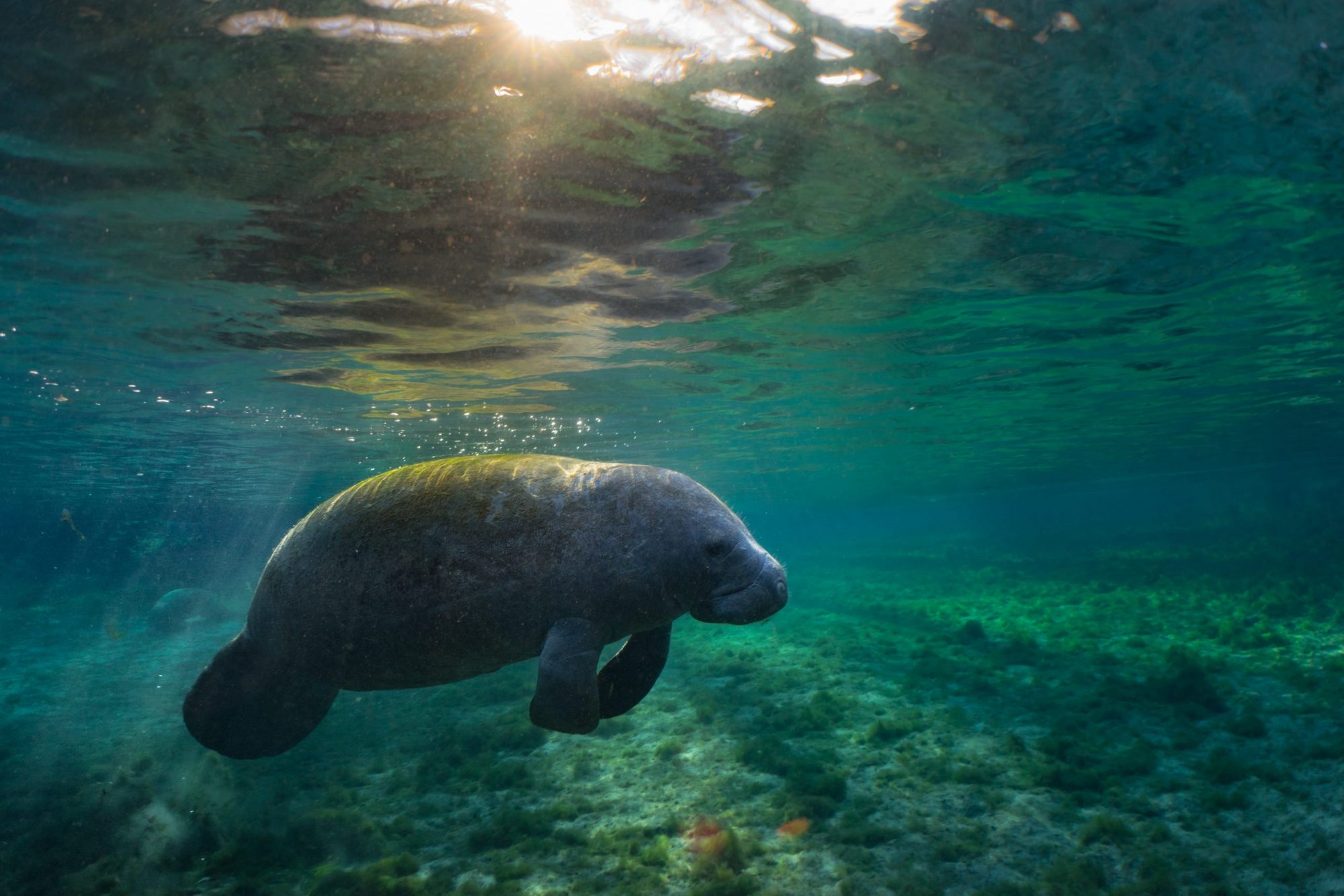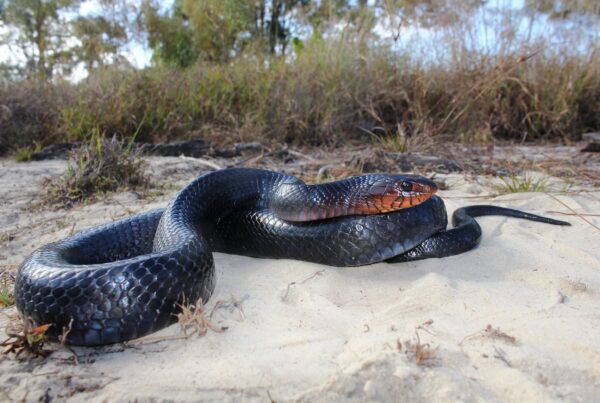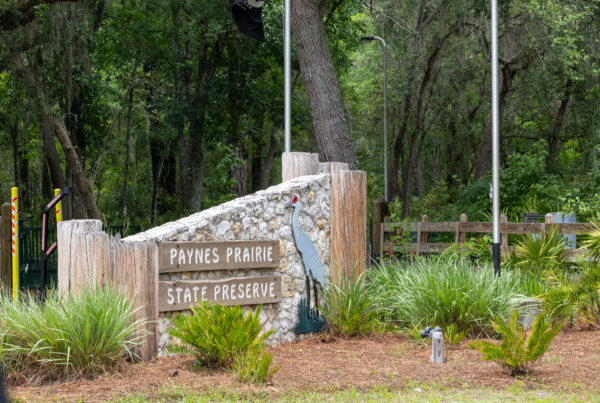This week marks the one-year anniversary since the federal government declared the record shattering deaths of manatees an Unusual Mortality Event (UME). The UME, determined by the National Oceanic and Atmospheric Administration Fisheries along with the Florida Fish and Wildlife Conservation Commission, was declared after 539 manatee deaths were recorded in the state through January to March 2021. That is more than twice the amount of manatee deaths statewide through the same period over the last five years.
This catastrophe is ongoing. Now is the time for bold leadership to fix the underlying problem and create conservation measures for these gentle and iconic giants.
By the end of 2021, 1,101 manatees had died. This is over 10% of the Florida manatee population. Historically, the primary causes of Florida manatee deaths are toxic red tide, boat strikes and cold stress. However, starvation due to loss of seagrass vegetation is now the number one cause of death. The loss of seagrass vegetation is attributed to excessive nutrients entering our waterways, causing a decline in water quality which leads to massive seagrass die-off.
Excessive nutrient pollution associated with fertilizers, deteriorating septic tanks and sewer lines as well as harmful discharges from Lake Okeechobee have triggered harmful algae blooms that cloud Florida’s waterways, preventing sunlight from reaching the seagrass beneath the surface. As a result, since 2009 the Indian River Lagoon has lost 58% of its seagrass. Since 2012, Tampa Bay has lost 13%, while between 2018 and 2020, Sarasota Bay lost 18%. This decline in aquatic vegetation is also evident in our freshwater systems. In the St. Johns River, we are also witnessing a 90% decline in eelgrass, another source of food for manatees.
For our beloved manatees, food scarcity means they face a crucial choice when cold snaps occur. Either stay and potentially starve or forage elsewhere and freeze.

Although the decline in seagrass beds has been decades in the making and the issue is complex, these deaths are highly preventable and we need more bold action at the state and federal level.
The Florida Wildlife Federation (FWF) supports the bold and bipartisan leadership from Reps. Vern Buchanan and Darren Soto for championing the Manatee Protection Act of 2021. The Act calls on Congress to reclassify the manatee as endangered. In 2017, the federal government unjustifiably down-listed the manatee to threatened in response to a special-interest petition based on shortsighted science.
FWF also supports the bipartisan Marine Mammal Research and Response Act of 2021. Co-sponsored by Reps. Brian Mast and Stephanie Murphy, the Act would allocate $42 million over six years to support ongoing efforts to rescue and rehabilitate sick and injured marine mammals and to mitigate what is causing high mortality rates.
At the state level, Gov. DeSantis can be a champion on the restoration of the Ocklawaha River. This restoration project would allow hundreds of manatees to access several of the Ocklawaha’s 20 freshwater springs and in Silver River. This warm-water refuge is currently inaccessible for large numbers of manatees due to the Kirkpatrick Dam and accompanying lock system that causes artificially high water levels, covering up the Ocklawaha’s springs, and inhibiting large-scale manatee access to the Silver River.
FWF applauds our members of Congress and the tireless efforts by wildlife agency staff to address immediate rescue and recovery. But when are we going to take the next step and actually address the cause of the problem — water pollution? As nutrification of our rivers and coasts has been decades in the making, there will be no quick fix.
Now is the time for stronger and meaningful water quality-policy enforcement. Florida’s Department of Environmental Protection (FDEP) needs to shift away from the soft-handed education approach and actually enforce water-quality protections. For far too long, big industry polluters are getting a slap on the wrist. Now is the time to hold them accountable and make polluters pay. Improving water quality doesn’t only mean creating a better environment for manatees and wildlife in general, but also a better quality of life for Floridians as well.
About the Author: Sarah Gledhill is a Regional Policy Director with the Florida Wildlife Federation.
This article was originally published in the Orlando Sentinel on March 21, 2022.






